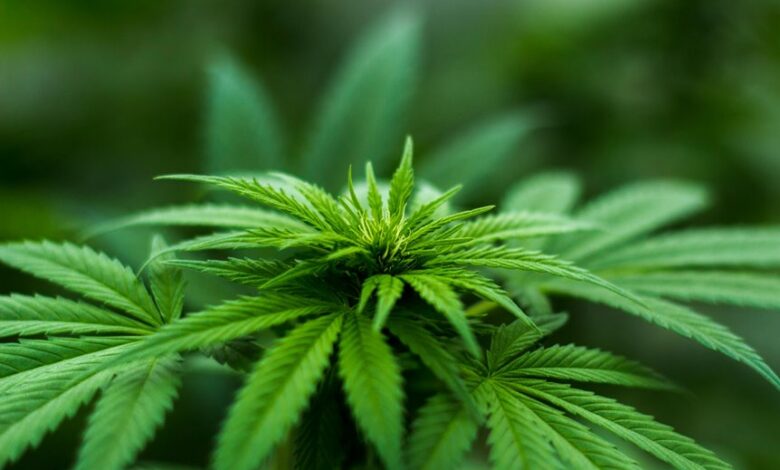How Long Does Thc and Cbd Stay in Urine

The presence of THC and CBD in urine is a significant concern for many users, particularly in contexts where drug testing is common. THC can remain detectable for varying lengths of time, influenced by usage patterns, while CBD typically clears more quickly. Understanding the factors that affect these detection windows is crucial for individuals who consume cannabis products. This raises important questions about responsible usage and the implications of testing positive.
Understanding THC and CBD Metabolism
Although THC (tetrahydrocannabinol) and CBD (cannabidiol) are both compounds found in cannabis, their metabolic processes differ significantly within the body.
THC metabolism primarily involves conversion into active metabolites, which can affect mood and perception.
In contrast, CBD metabolism tends to produce non-psychoactive compounds, influencing various physiological responses.
Understanding these differences is crucial for those seeking to navigate their cannabis use responsibly.
Detection Windows for THC in Urine
The detection window for THC in urine varies based on several factors, including frequency of use, dosage, and individual metabolism.
THC testing typically reveals positive results within 3 to 30 days after consumption. Occasional users may be clear within a week, while chronic users could be detectable for weeks.
Urine analysis remains a common method for assessing THC presence, reflecting usage patterns effectively.
Detection Windows for CBD in Urine
How long does CBD remain detectable in urine?
CBD metabolism varies among individuals, typically allowing for detection within 3 to 5 days after consumption.
However, factors such as dosage, frequency of use, and individual metabolic rates can influence this window.
Urine testing for CBD may yield different results compared to THC, primarily due to the distinct metabolic pathways involved in processing these compounds.
Factors Influencing Detection Times
Detection times for cannabinoids like CBD and THC can vary significantly based on several factors.
Individual variability plays a crucial role, including metabolism, frequency of use, and body composition.
Additionally, the sensitivity of urine testing methods can impact detection windows.
Understanding these factors allows individuals to better assess how long cannabinoids may remain detectable in their system, promoting informed choices regarding usage.
Conclusion
In the garden of cannabis, THC and CBD are like two distinct flowers, each with unique lifespans. THC, the vibrant bloom, lingers longer in the soil, leaving traces that can be found for weeks, while CBD, a delicate petal, fades swiftly after a few days. Understanding their respective cycles allows users to navigate the garden wisely, ensuring that their choices reflect awareness of these metabolic rhythms, ultimately fostering a responsible approach to cannabis consumption.






